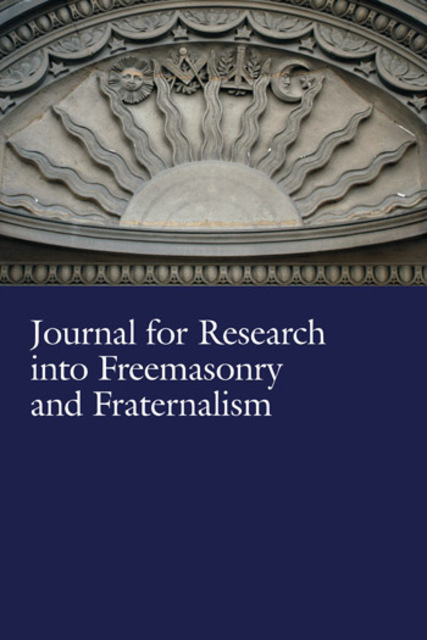Looking to the East: Freemasonry and British Orientalism

Full description
Throughout the eighteenth century, the expansion of the Empire brought the British into closer contact with the Eastern world. The conquest of land went hand in hand with the conquest of knowledge. The East, including India, was systematically explored and revealed to Britain in the form of oriental tales, exploration accounts and scientific investigations. This phenomenon came to be known as ‘orientalism’. For freemasonry, the East had always been the symbolical direction from which light and truth were to rise. The British foothold in India and more so the constitution of the first Indian lodges, starting in 1730, came as an opportunity to explore the potential filiation of freemasonry with the early Indian civilizations. The East was thus more present than ever in the masonic collective imaginary. Where did freemasonry’s interest in Eastern cultures stem from? To what extent can it be said that freemasonry contributed to opening up the East? This article aims to explore the participation of British freemasonry to the orientalist movement of the late eighteenth century.
- typeImage
- created on
- file formatjpeg
- file size67 KB
- container titleJournal for Research into Freemasonry and Fraternalism
- creatorSimon Deschamps
- issn1757-2479 (online)
- issue5.2
- publisherEquinox Publishing Ltd.
- publisher placeSheffield, United Kingdom
- rightsEquinox Publishing Ltd.
- volume
- doi
We use cookies to analyze our traffic. Please decide if you are willing to accept cookies from our website. You can change this setting anytime in Privacy Settings.
